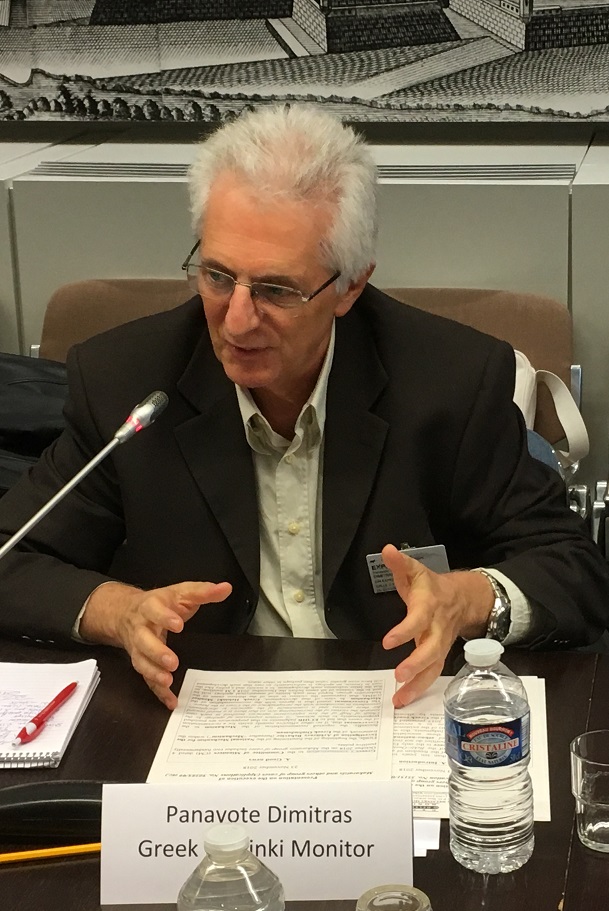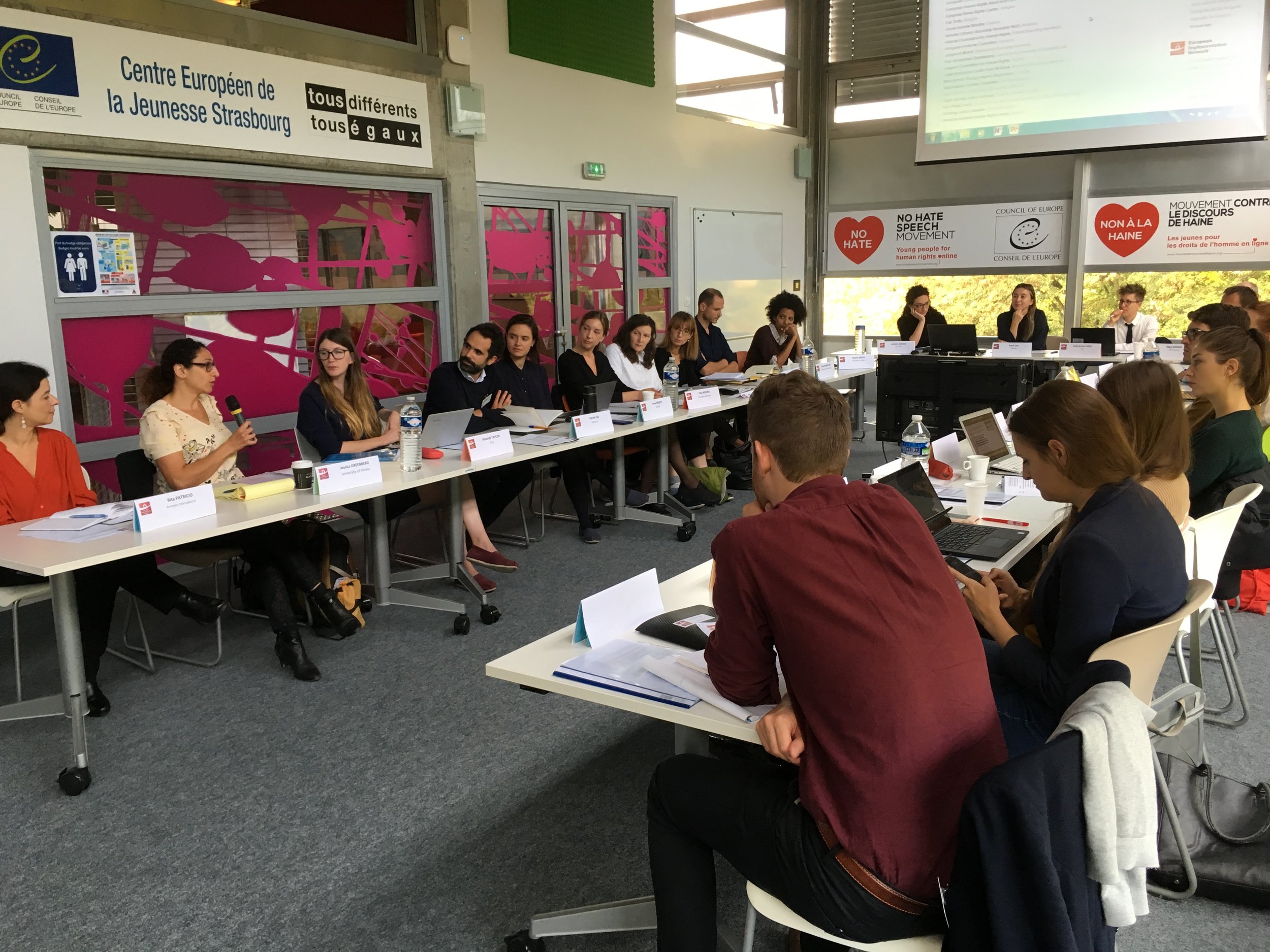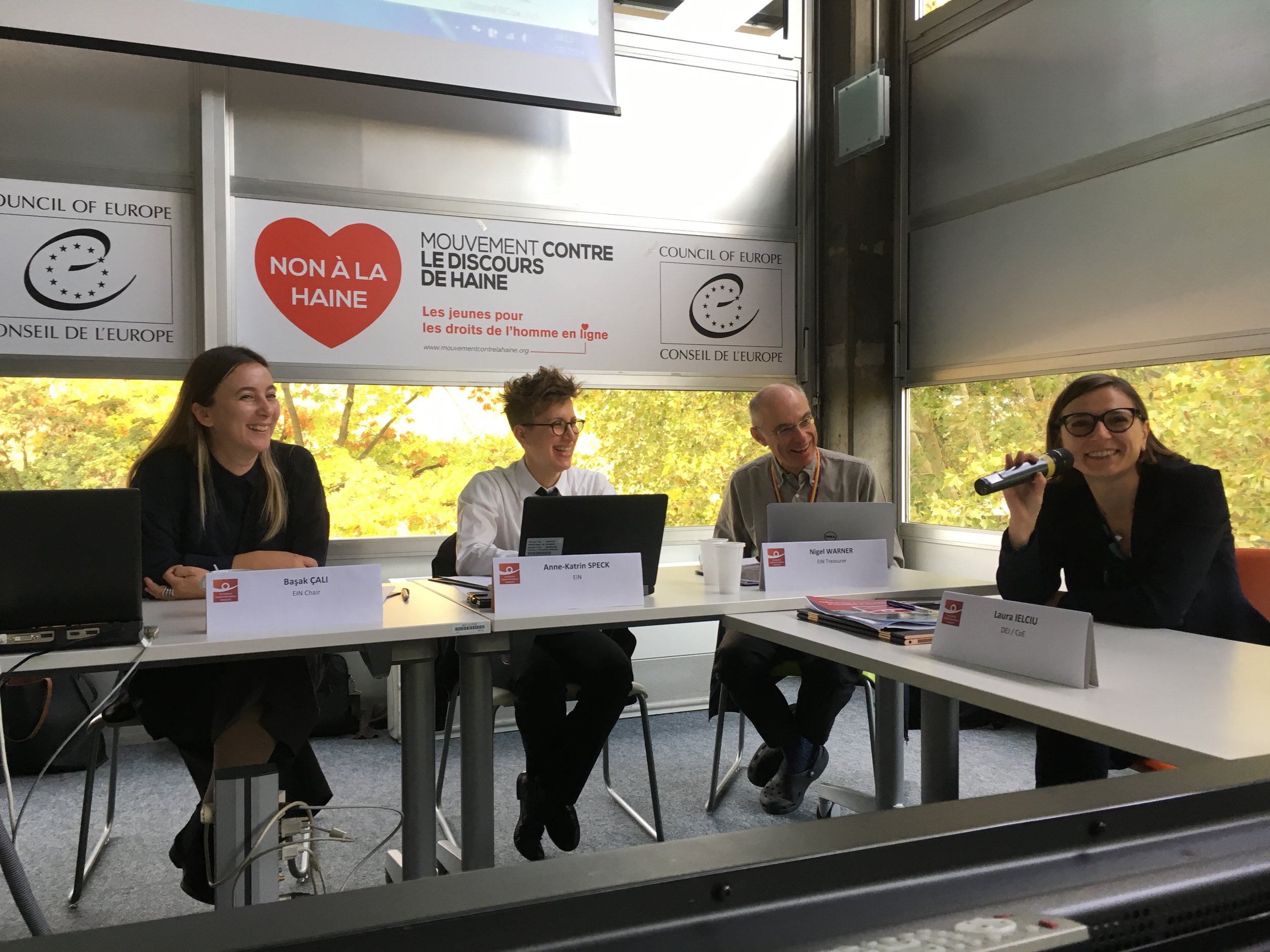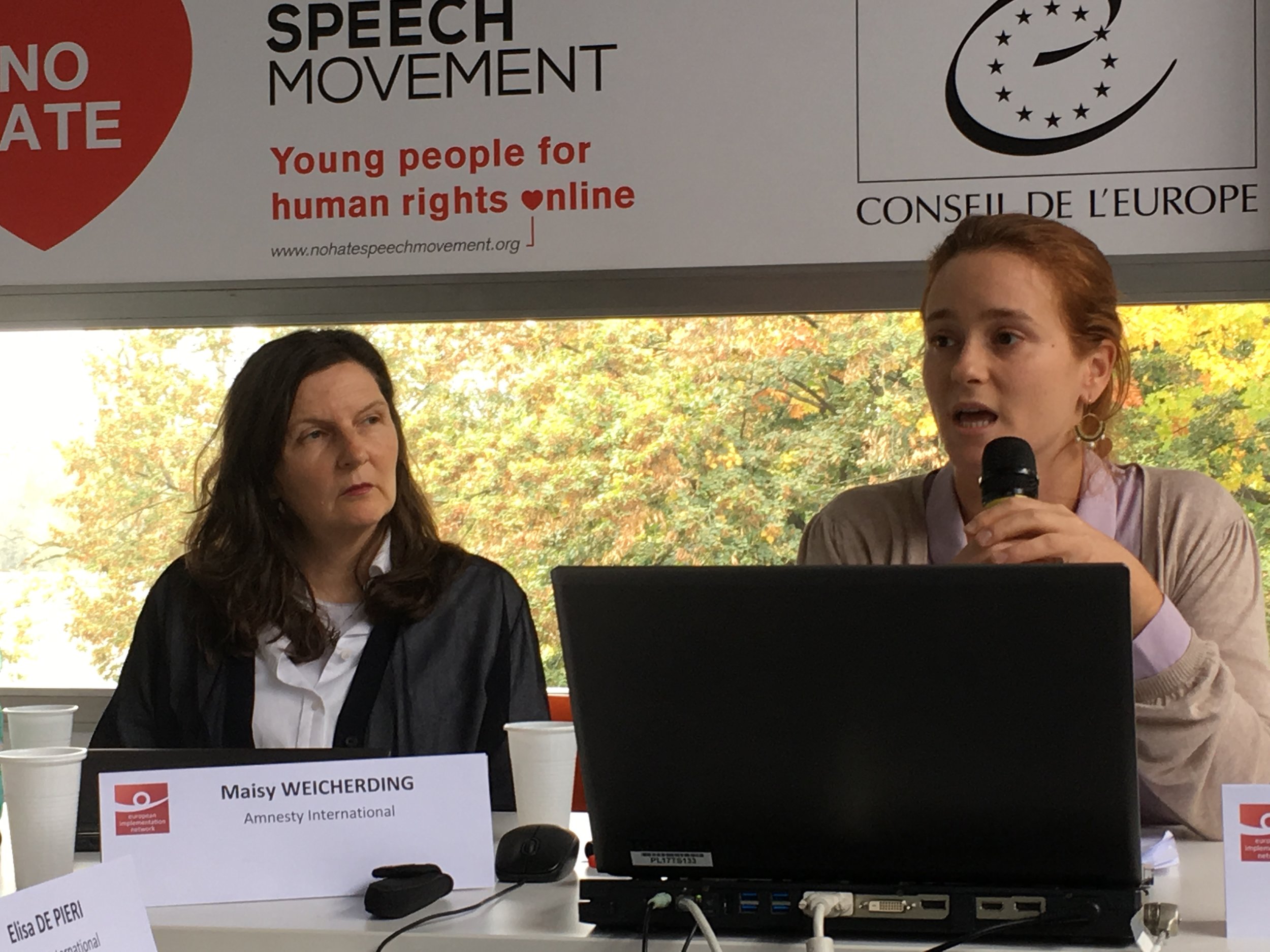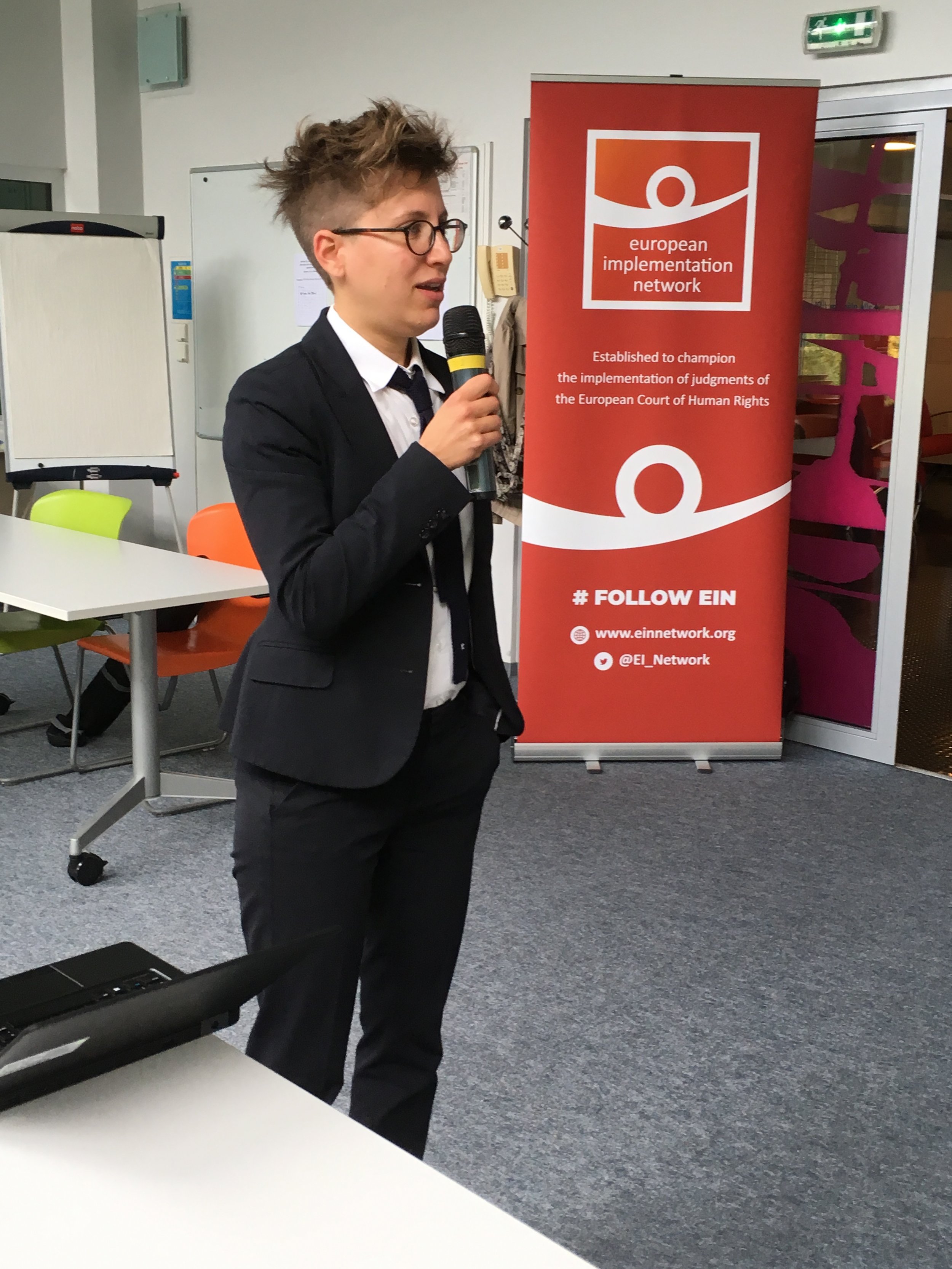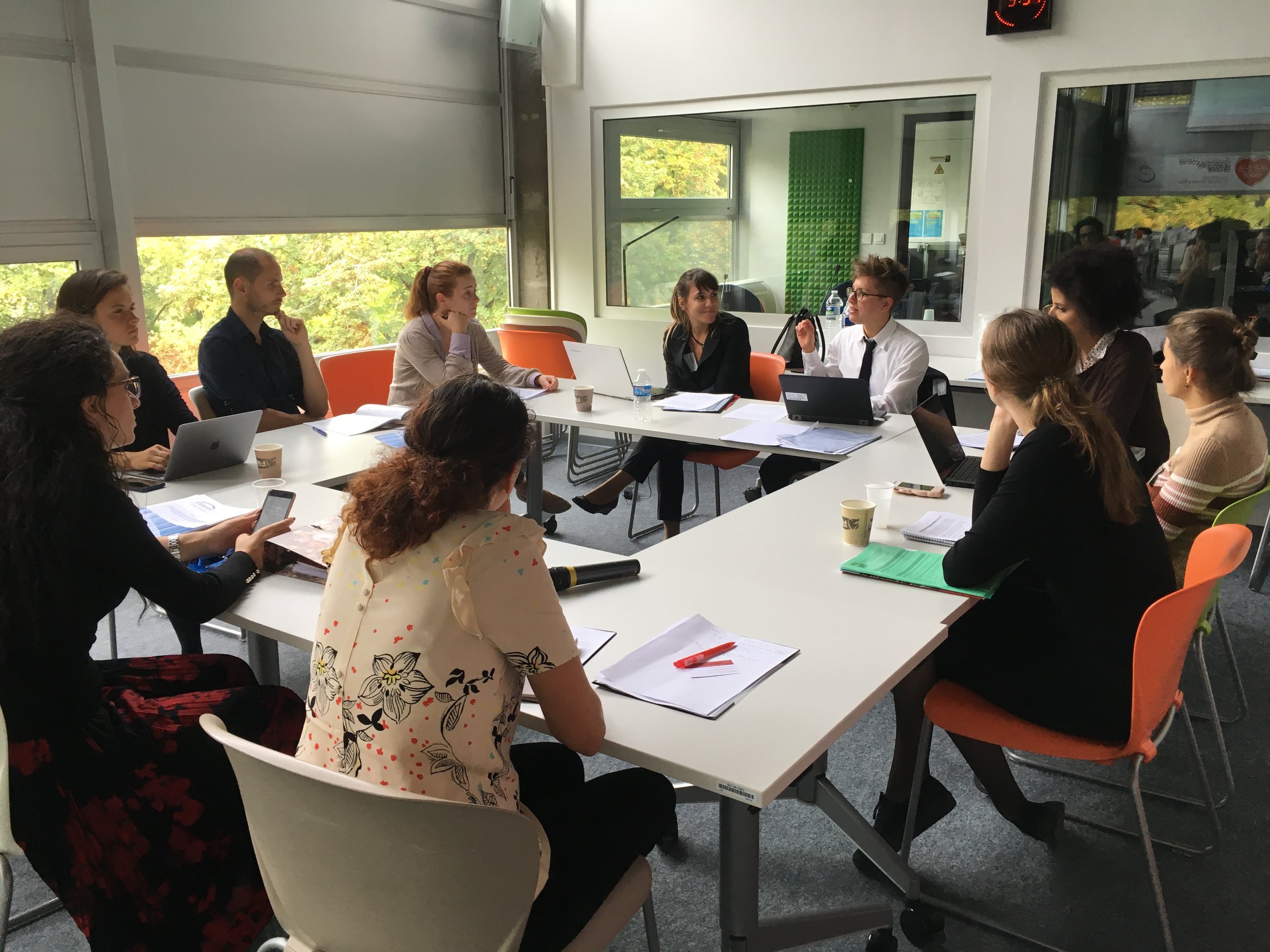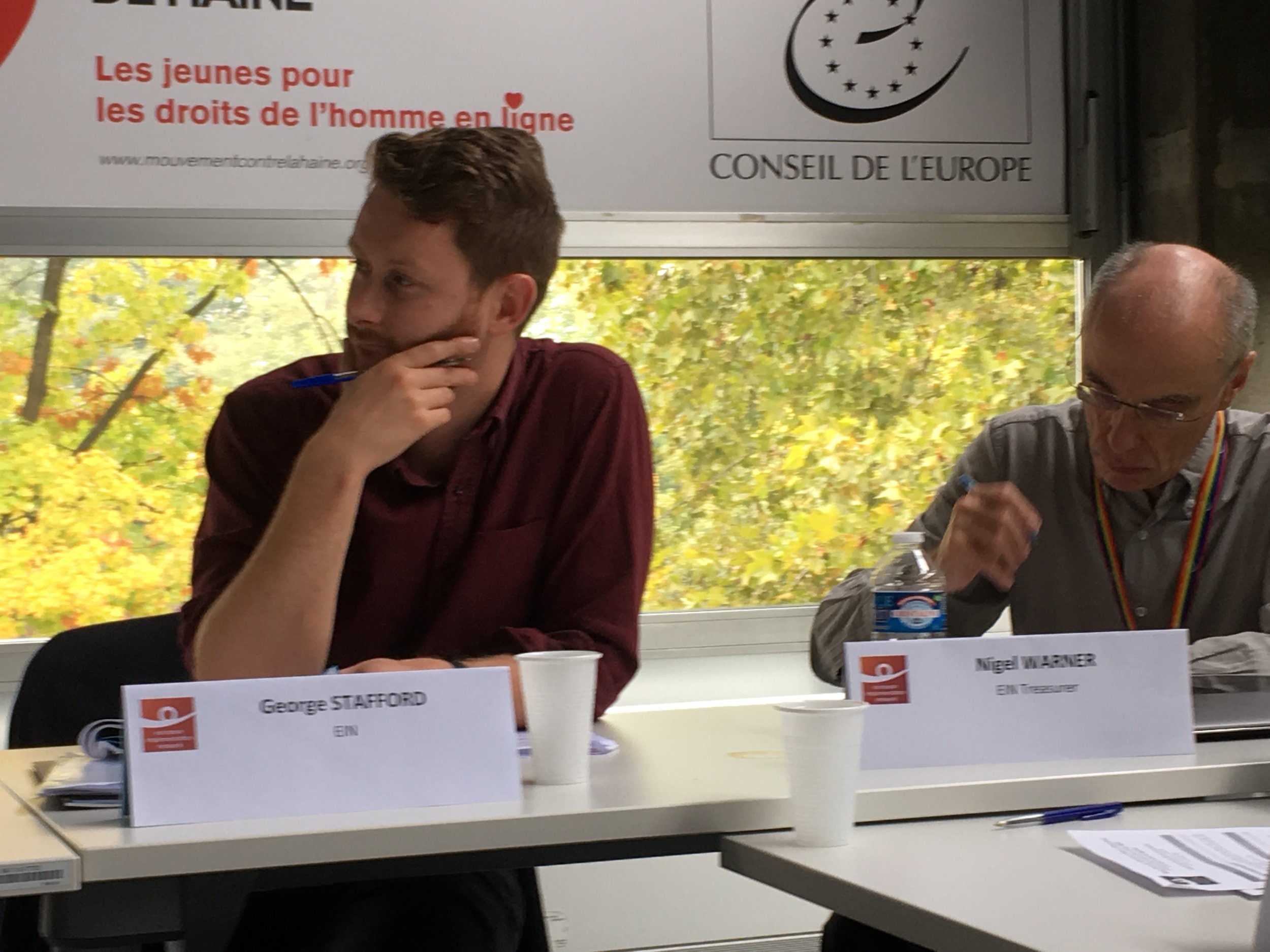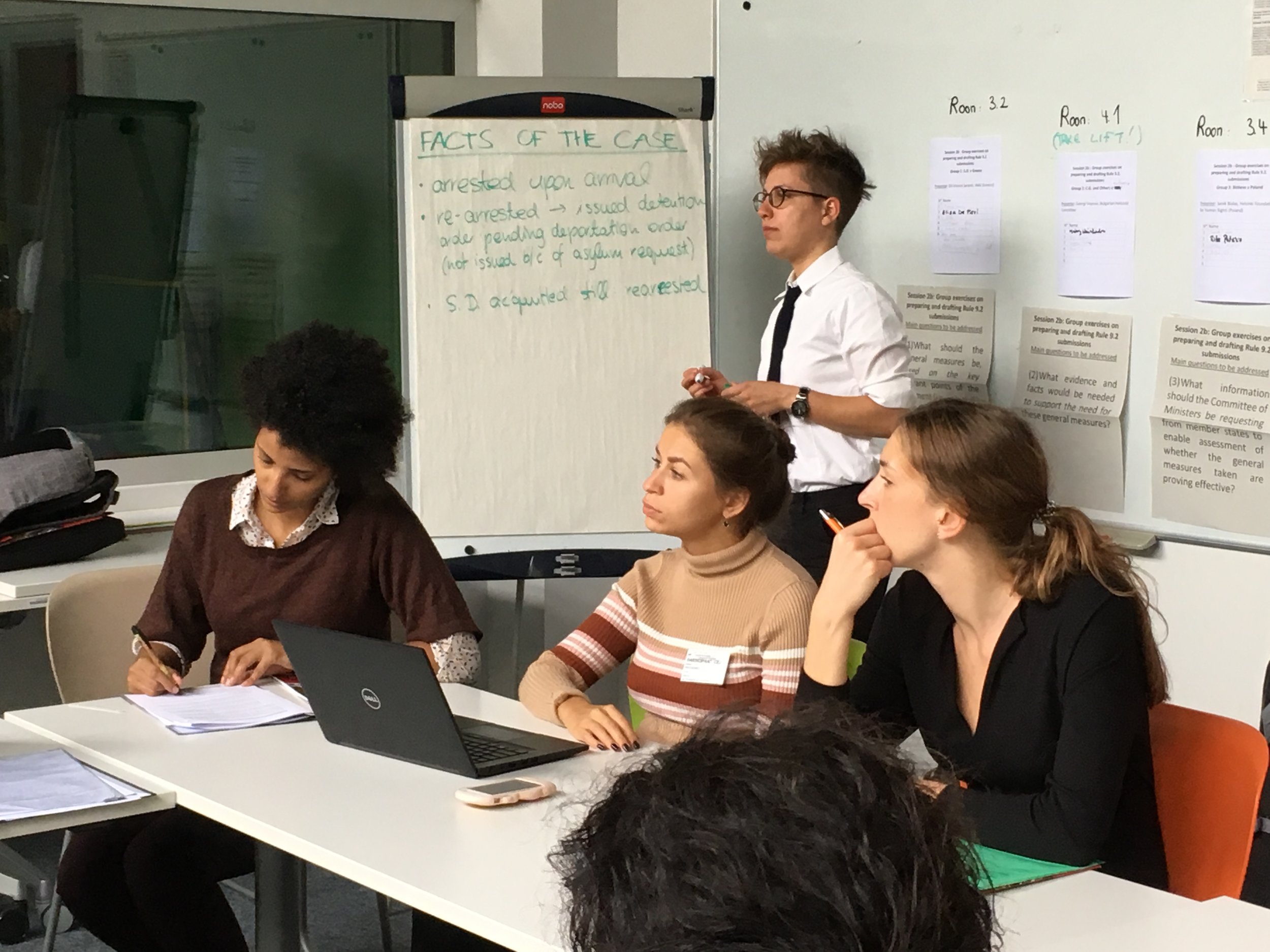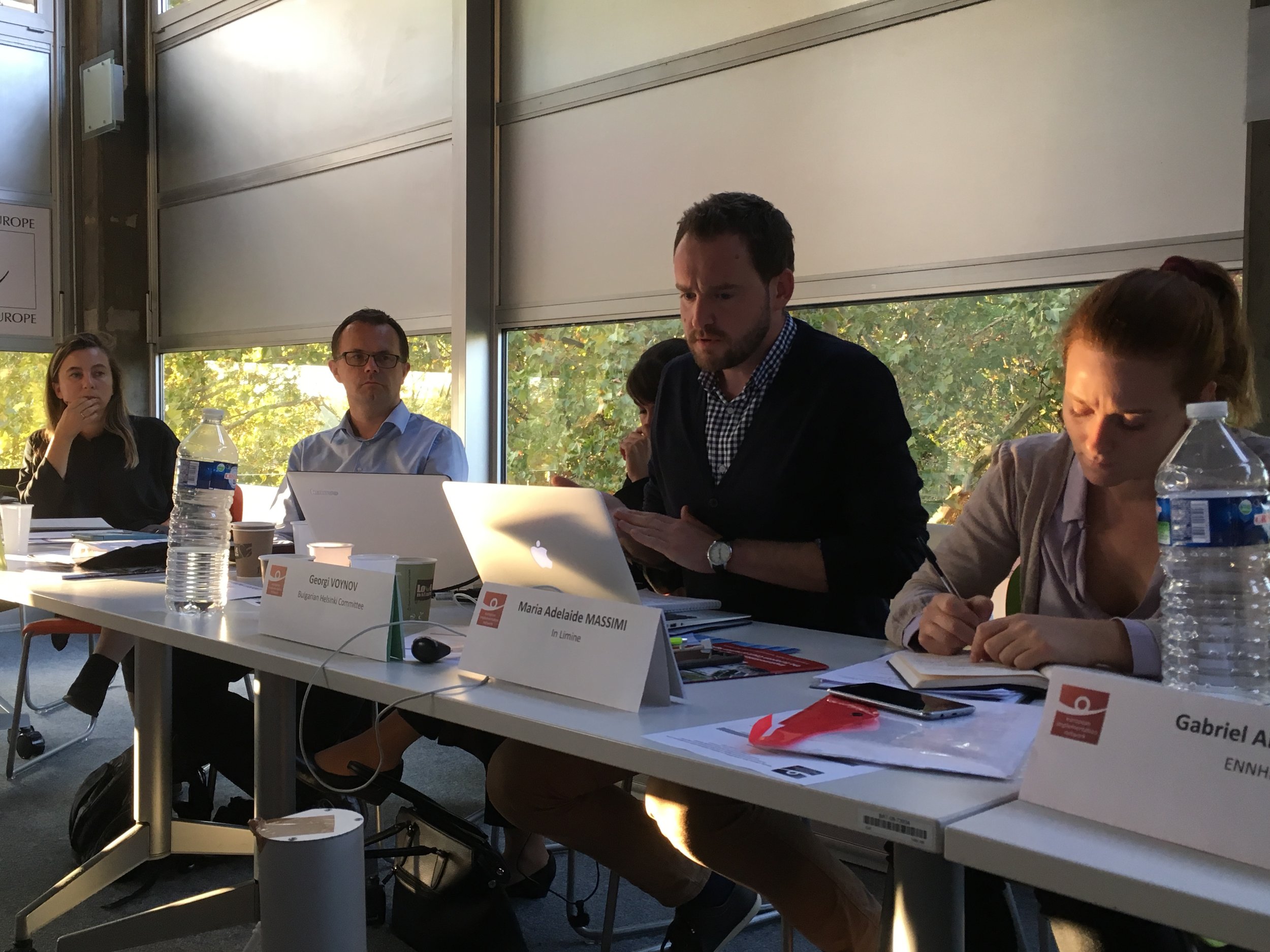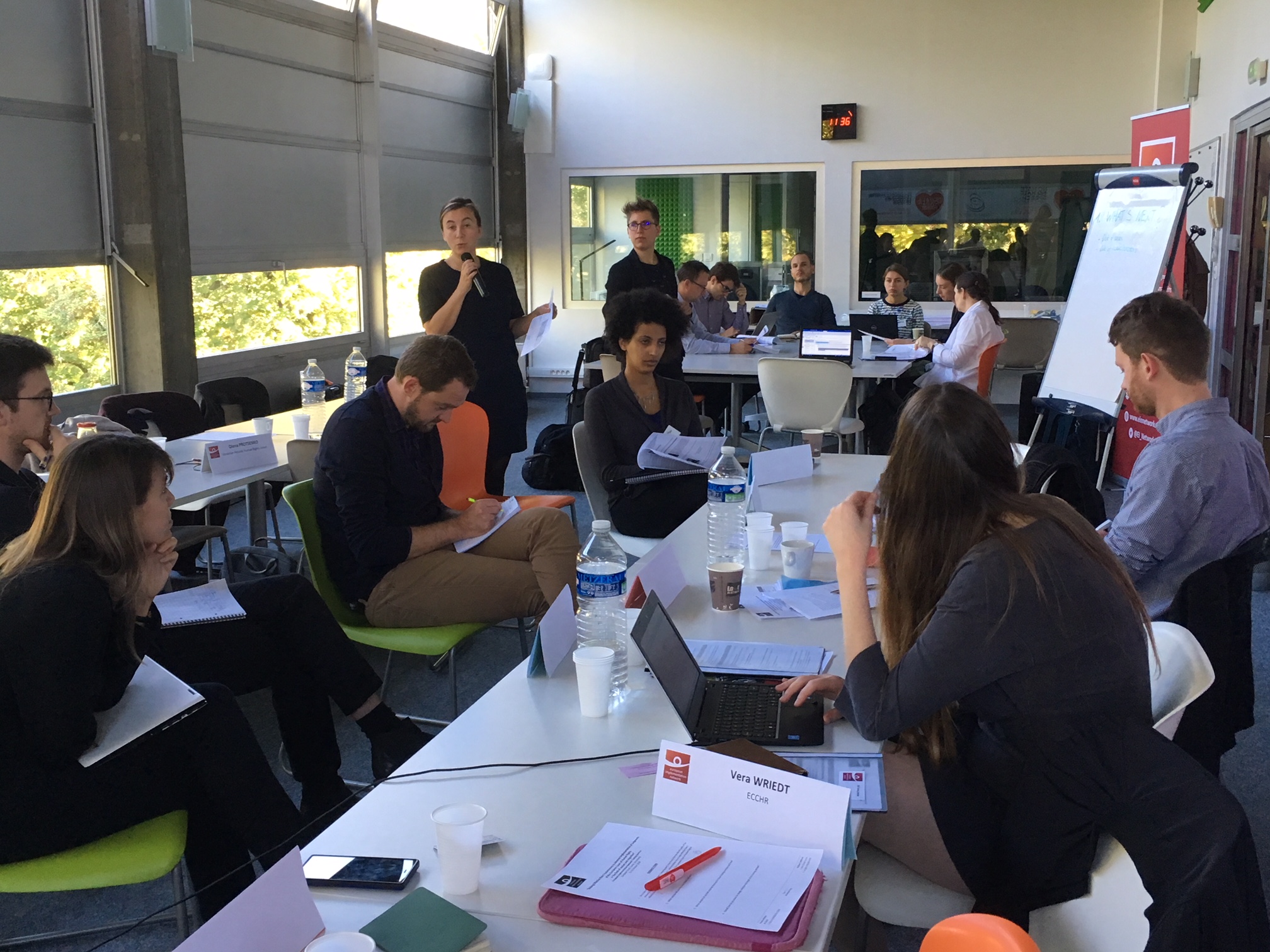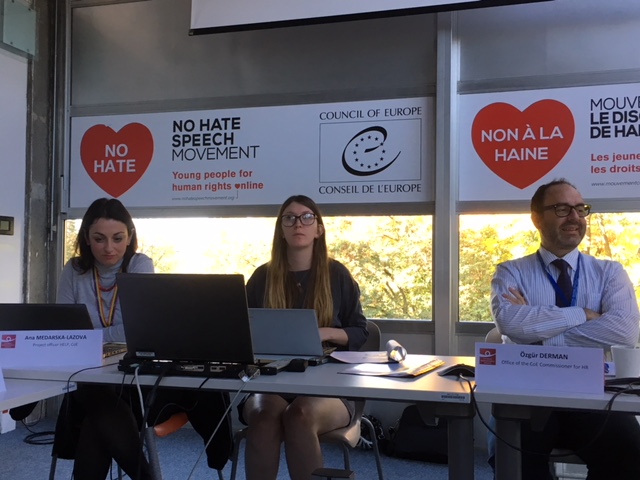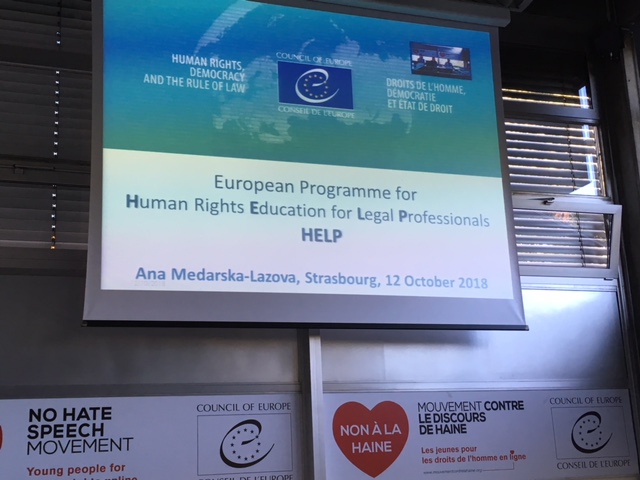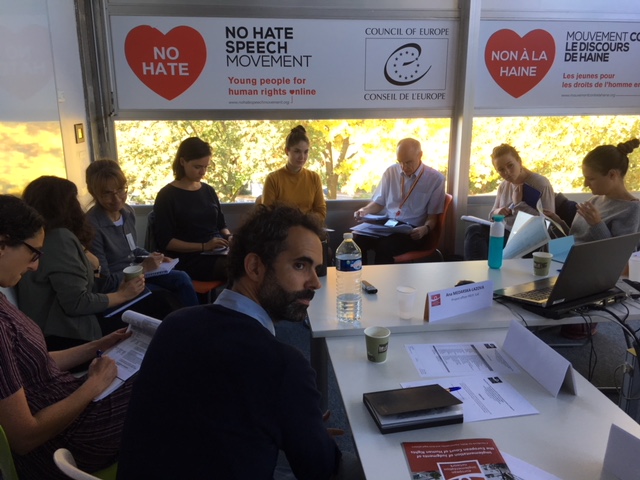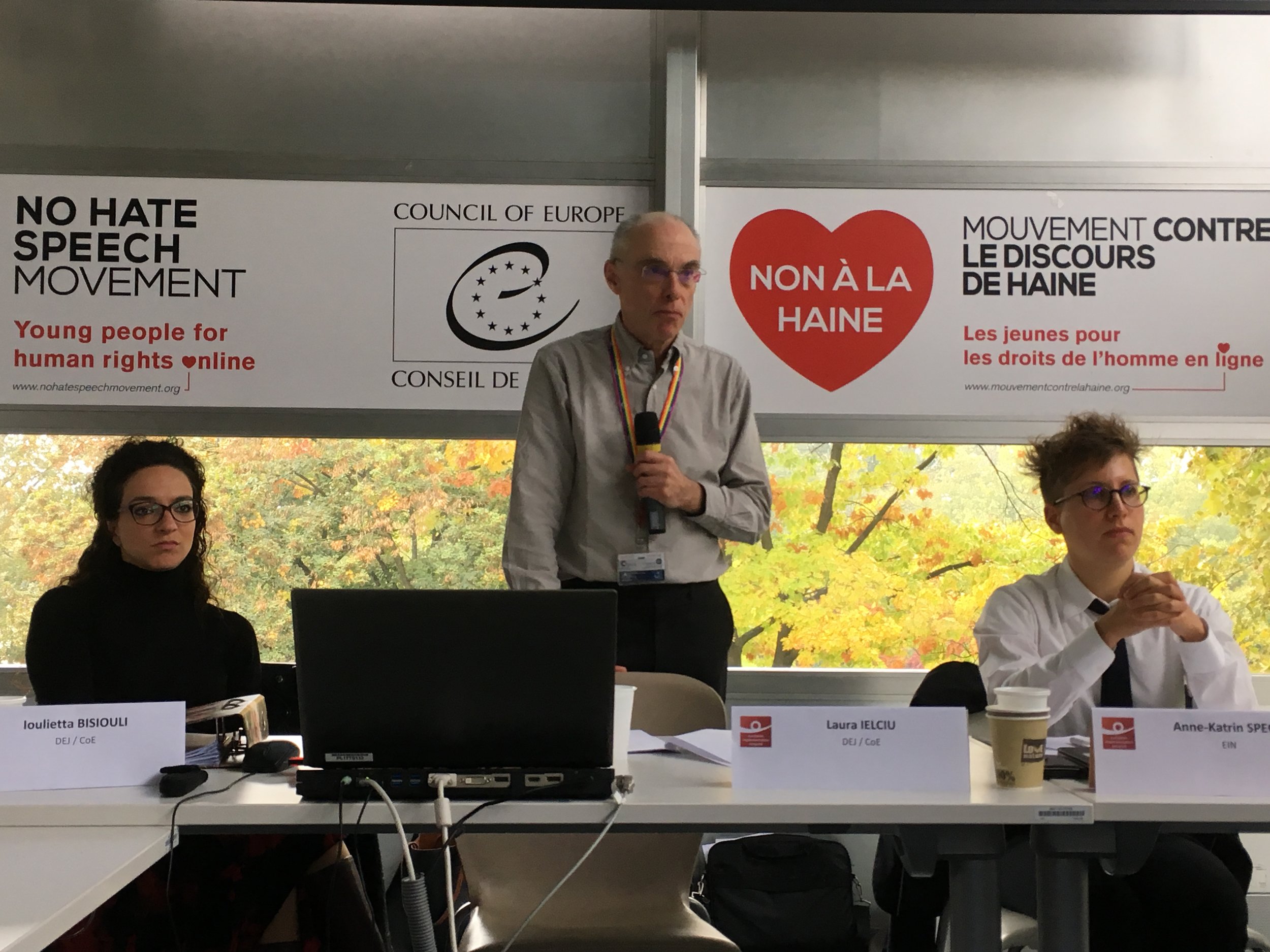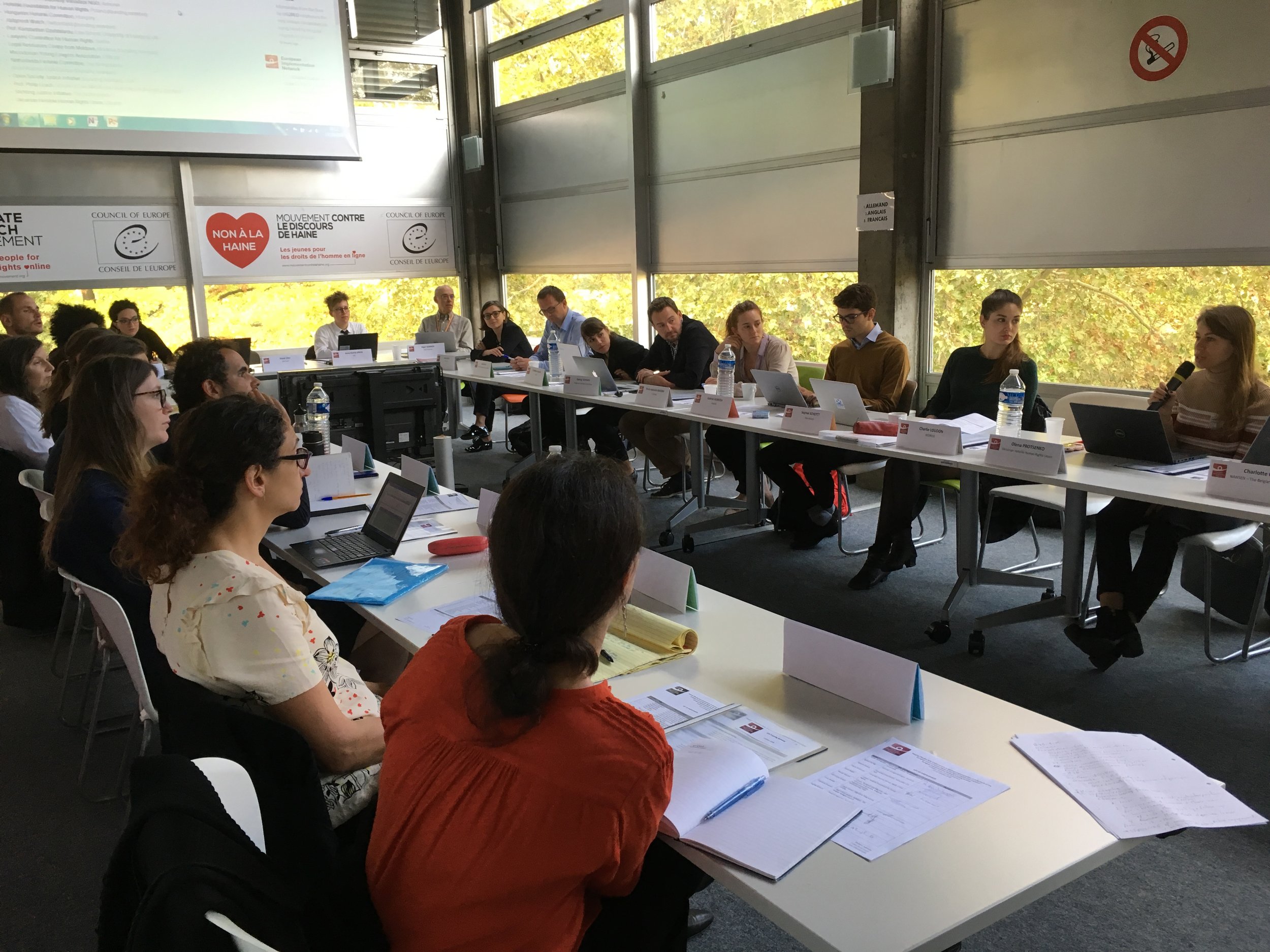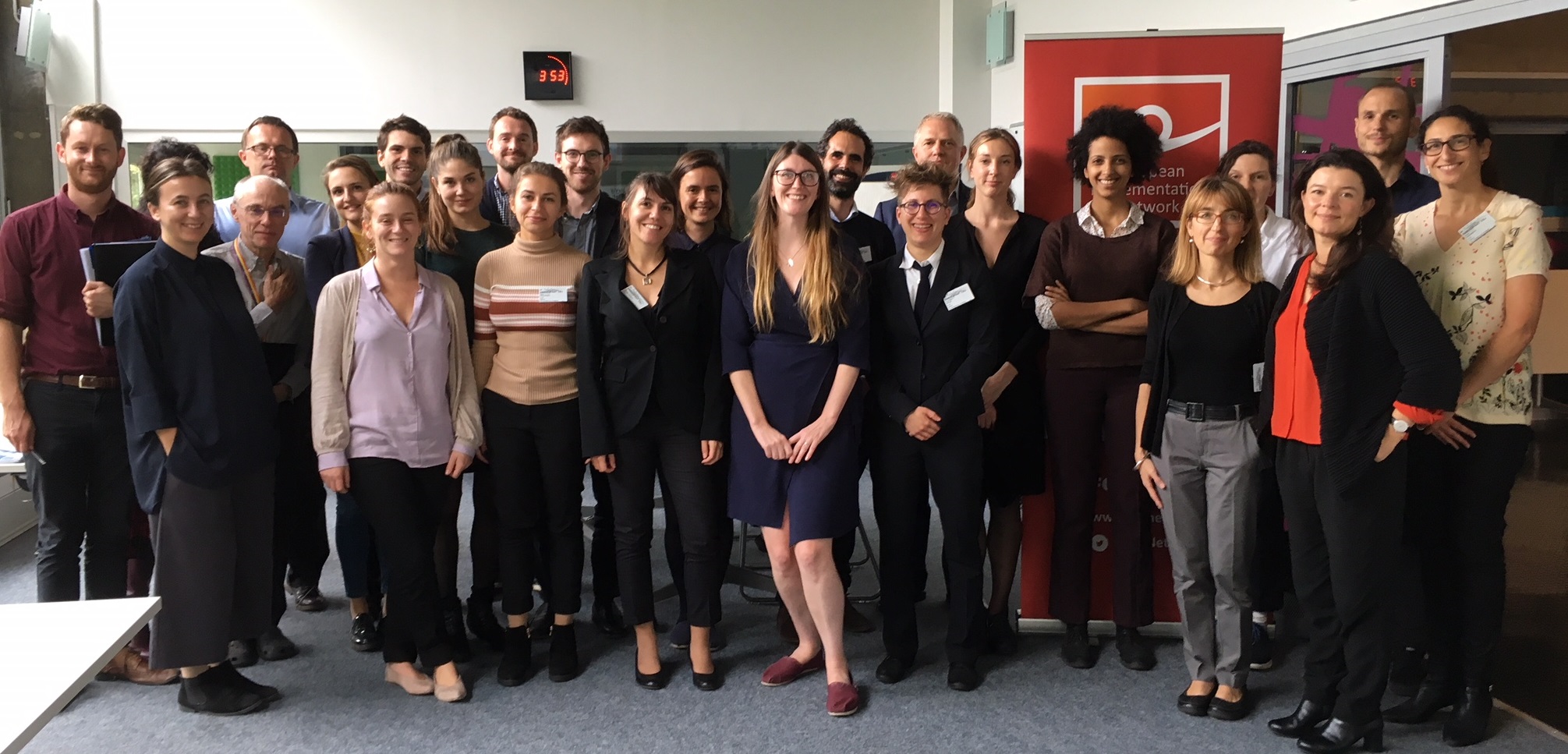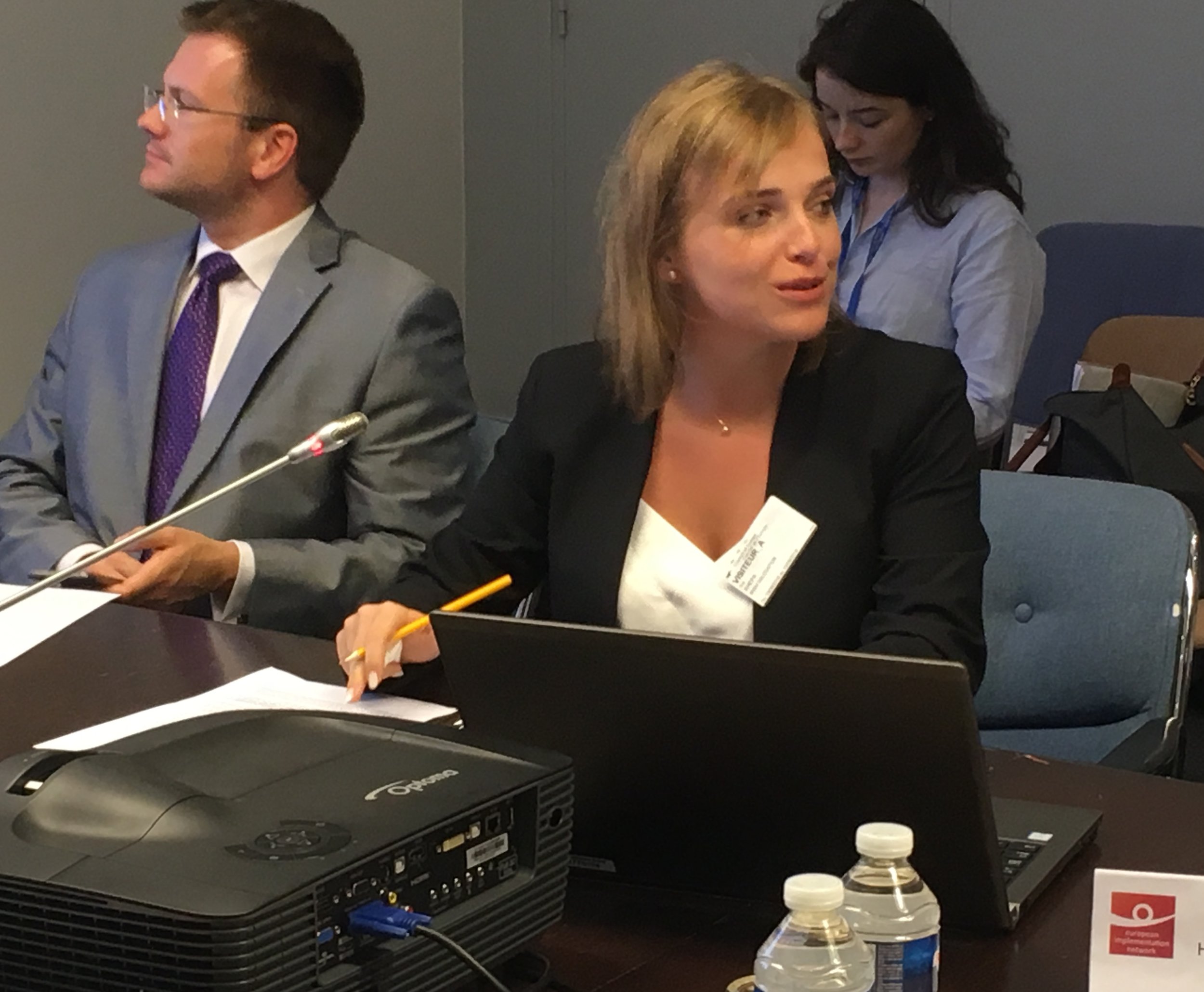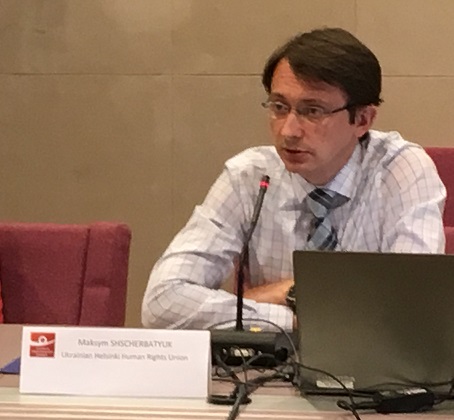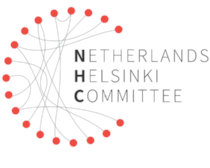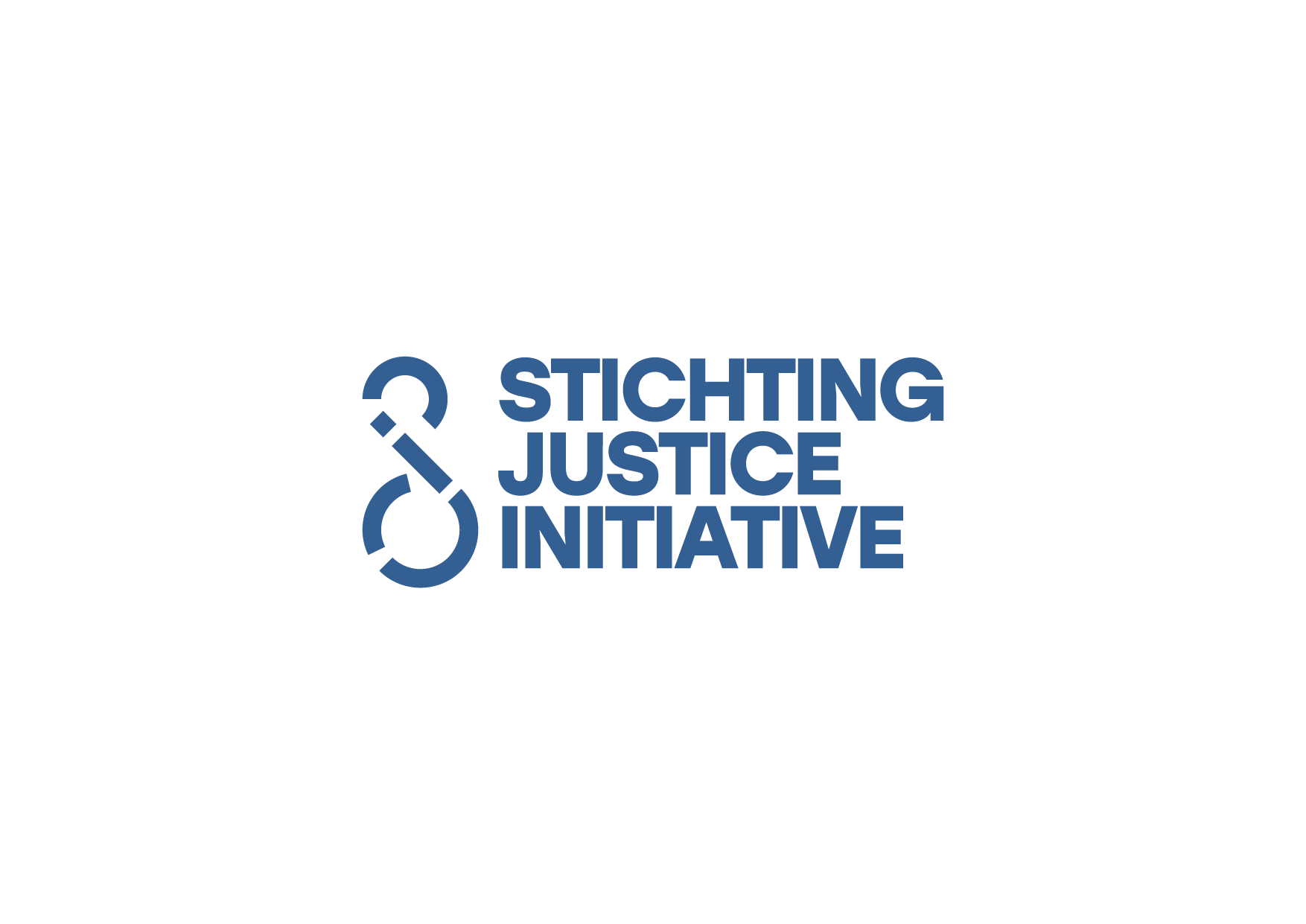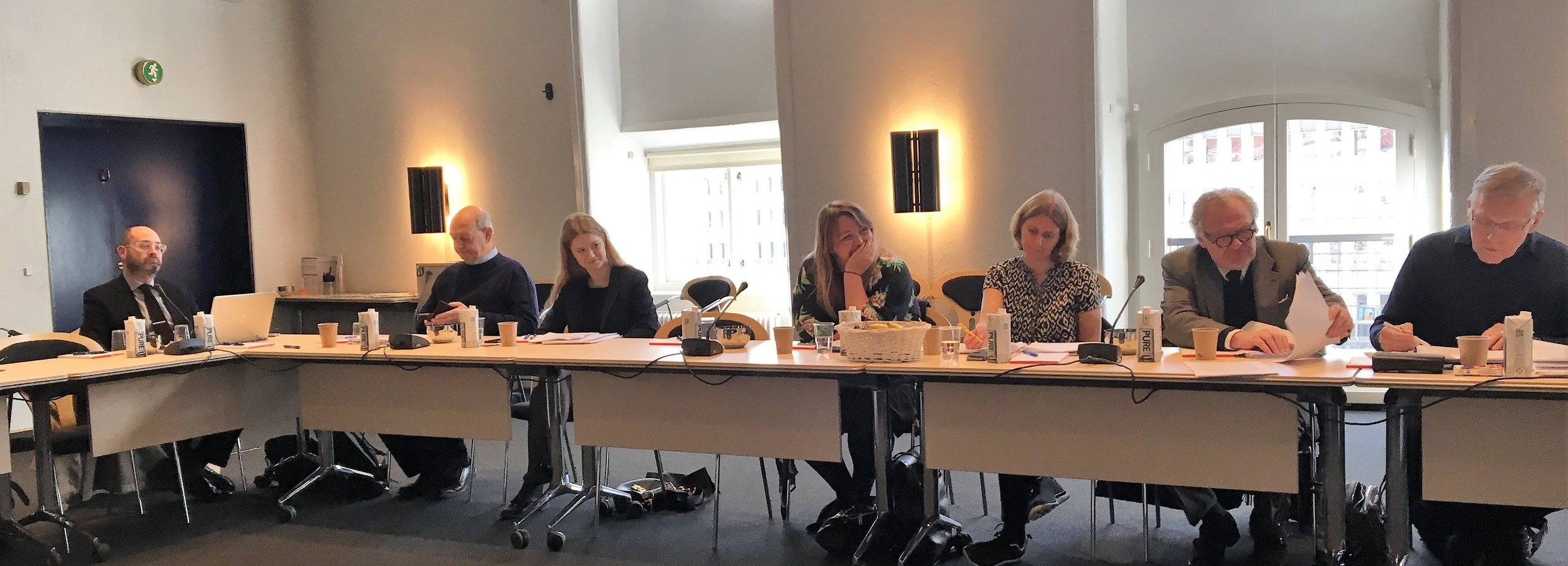The case concerns violations suffered by the applicant, a formerPrime Minister of Georgia, in the context of the criminal proceedings instituted against him in December 2012 and January 2013, for alleged embezzlement and the abuse of official authority (violations of Article 5 § 3 and Article 18 taken in conjunction with Article 5 § 1 of the Convention).
The presentation on this case was given by Mr Kakhidze, MP of Georgia, on the basis of the Rule 9 submission filed on this case by EHRAC in September 2018.
Mr Kakhidze noted that, following the release of Ilgar Mammadov on 13 August 2018, Mr Merabishvili was the only convicted individual against whom a violation of Article 18 of the Convention had been found who remained in detention.
In its Action Plan, the Government proposes to undertake further investigative measures taking full account of the Grand Chamber’s findings. “The only potential investigative mechanism in which Mr Merabishvili has confidence”, stated by Mr Kakhidze, “is an investigation by the Parliamentary Commission (a Temporary Investigative Commission, set up pursuant to the Rules of Procedure of the Parliament of Georgia, Chapter 6, Articles 55-70”). Mr Kakhidze reminded that in September 2017 he requested that such a Parliamentary Commission be established to investigate Mr Merabishvili’s covert removal. Despite the fact that this request remains pending before Parliament, the Government rejected this proposal in its Action Plan (para. 33).
Mr. Kakhidze stated that without Mr. Merabishvili’s early release another investigation was not an answer to the established breach of Article 18/5. He emphasized that even the judges dissenting on violation of Article 18 agreed that Mr. Merabishvili was removed from his cell. Mr Kakhidze also reminded that an official internal inquiry of Merabishvili’s covert removal was conducted in 2014, and another formal investigation was launched in 2016 by the “reformed” prosecution service with a “newly appointed chief prosecutor”. However, the outcome which they published in 2017 clearly contradicted the ECtHR findings, both in the chamber and GC.
The Georgian Government indicated that the current domestic law prevented mobile telephone records and cell tower data from being examined as part of any further investigation, as the offence being investigated in relation to Mr Merabishvili’s removal fell within the category of less grave crimes (Action Plan, paras 34-36). It therefore proposed to amend the domestic legislation in order to permit such investigative steps to be carried out (Action Plan, para. 37). However, as Mr Kakhidze underlined, the Government failed to provide any further information as to what specific amendments it proposed to make, within what time period, whether such amendments would be retrospective (i.e. could be applied in Mr Merabishvili’s case) or whether practically this would have any effect (i.e. whether the relevant records in this case continue to exist almost 5 years after the event in question).
The Government also indicated that it has already undertaken a number of General Measures, in light of the Grand Chamber’s judgment, including:
a. Extending the period of time for storing video surveillance footage from 24 to 120 hours (Action Plan, para. 66; Order N35 amended by Order N19 (20 March 2017)); and
b. Creation of State Inspector’s Service SIS (Action Plan, paras 74-5).
Mr Kakhidze underlined that, in reality, video surveillance footage in detention facilities are stored for 30 days, but the Government tries to make the impression that “the system change” will be seen by the CM as an effective general measure. He noted that the proposed SIS was entirely irrelevant to Mr Merabishvili’s case as the crimes that it is empowered to investigate does not include any crimes related to Mr Merabishvili’s covert removal.
Mr. Kakhidze submitted that the Government intends to take the Committee of Ministers’ attention from individual measures to general legislative measures which, in his opinion, aims at delaying Mr. Merabishvili’s early release. According to him, the applicant’s continuous detention still has ulterior purposes disclosed by the Court when establishing violation of Article 18 in conjunction with Article 5.
As previously submitted (see letter to the Committee of Ministers dated 26 January 2018), in order to effectively implement the Grand Chamber judgment in his case, the Georgian authorities should therefore:
Re-open the criminal proceedings against him;
Pending the outcome of the re-opening of the criminal proceedings, order Mr Merabishvili’s release; and
Ensure rigorous investigation of his covert removal by an independent body.
You can download the text of the EHRAC rule 9 submission on this case, as well as all attachments: annexe 1, 2, 3 , 4 and 5. The power point presentation of Mr Kakhidze is here. The October 2018 Action Plan from the Georgian government can be downloaded here. The November 2018 Rule 9.2. submission by the Public Defender of Georgia can be downloaded here.
Other documents presented by Mr Kakhidze:
Nov 2018 letter from Georgian MPs to the CM-DH.
October statement from Georgian NGOs on the crisis of institutions in Georgia
Excerpt from the Georgian Public Defender Report 2018
4. Bekir Ousta and others group of cases v Greece (Application No 35151/05)
These cases concern violations of the right to freedom of association (Article 11) due to the refusal to register Turkish minority associations (Bekir-Ousta and Others and Emin and Others; final domestic decisions in 2006 and 2005 respectively).





